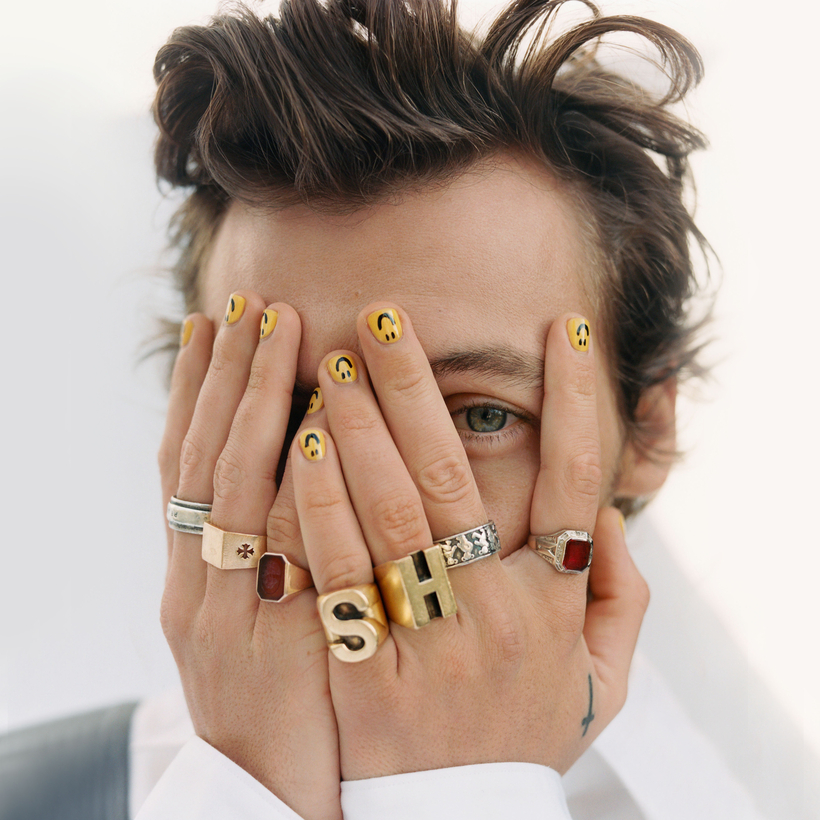Where do we invent new kinds of men? And how? Over the past ten years, the current feminist renaissance – the femaissance, if you will – has served us up dozens of new kinds of women. Body-positive, twerking Lizzo in her purple leotard; the gleeful hustler-stoner Jewish girls in Broad City; Michaela Coel’s dazzling, flawed turn in I May Destroy You; the mustache-wearing King Princess. Fleabag, Greta Thunberg, Villanelle, Cardi B, Beyoncé, Michelle Obama, Malala; every week, it seems, there’s a new kind of woman being minted. I can’t lie – as the mother of teenage daughters, it’s awesome. When I was their age, my female role models came down to a) Margaret Thatcher, or b) Courtney Love. Obviously, that’s a potent mix – but not one with, shall we say, much nuance.
But men, on the other hand? Who do 21st-century teenage boys have to look up to? Alas, there’s not so much invention here. Pop culture still tends to offer us superheroes, gangsters, detectives, “good, normal blokes”, or neurotic man-boys. David Tennant’s turn in Doctor Who – a hot, witty, genius pacifist – was 15 long years ago. Lil Nas X used Old Town Road to invent “glamorous gay cowboy”; and, in Game of Thrones, Peter Dinklage’s dark, sarcastic Tyrion was, essentially, a dwarf Martin Amis stuck in a Dungeons & Dragons epic.

